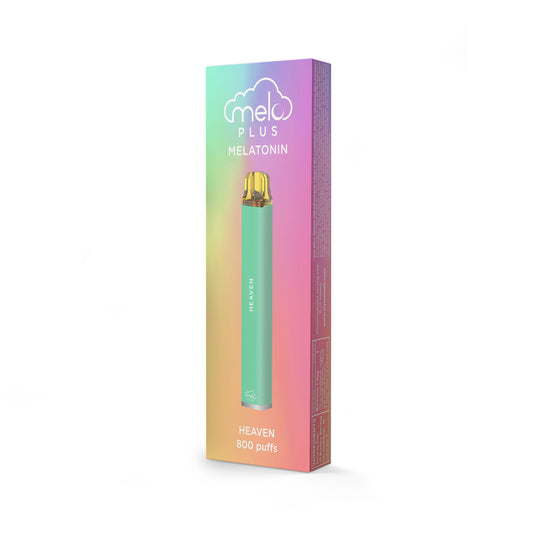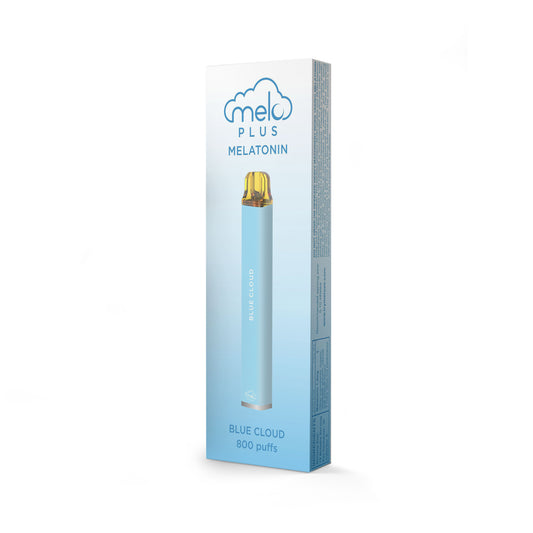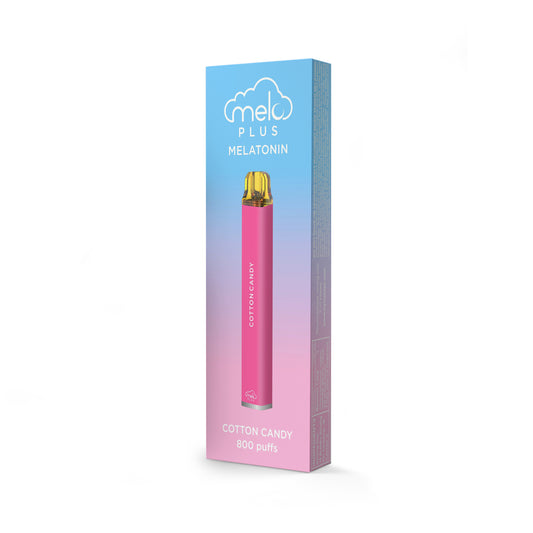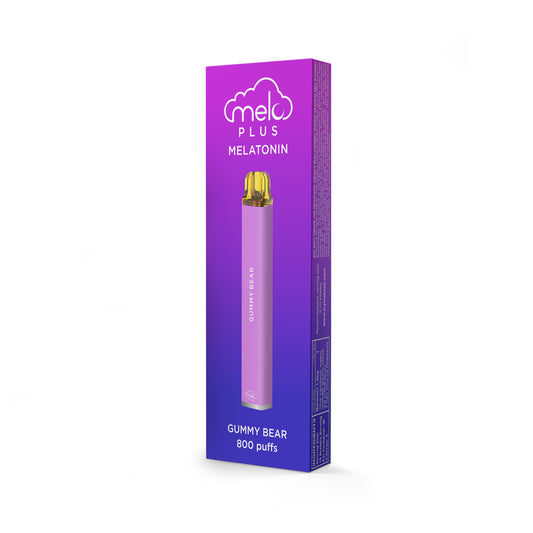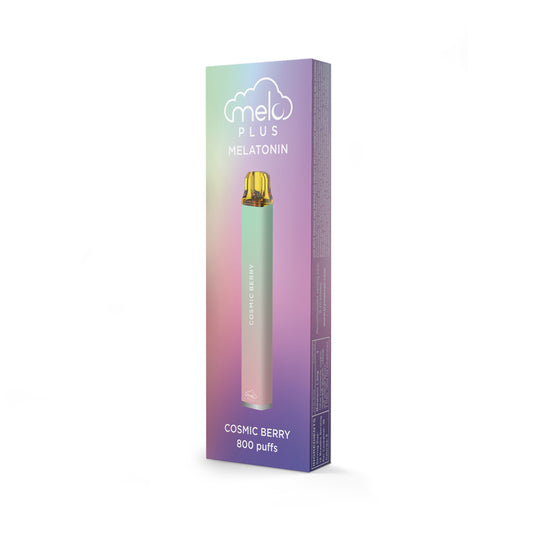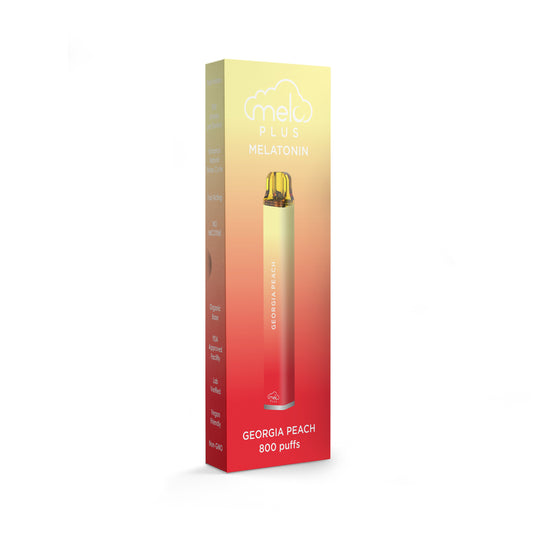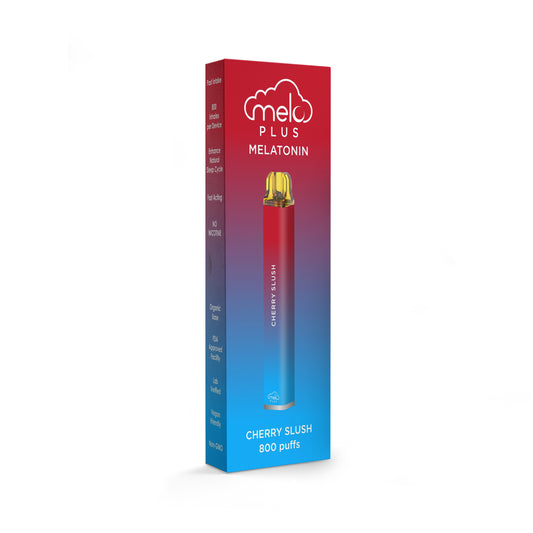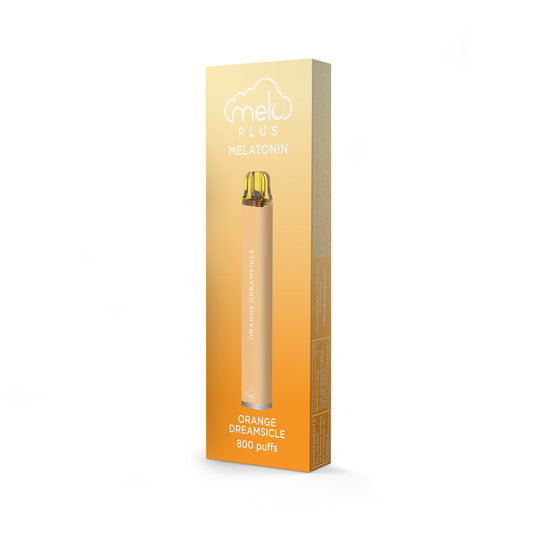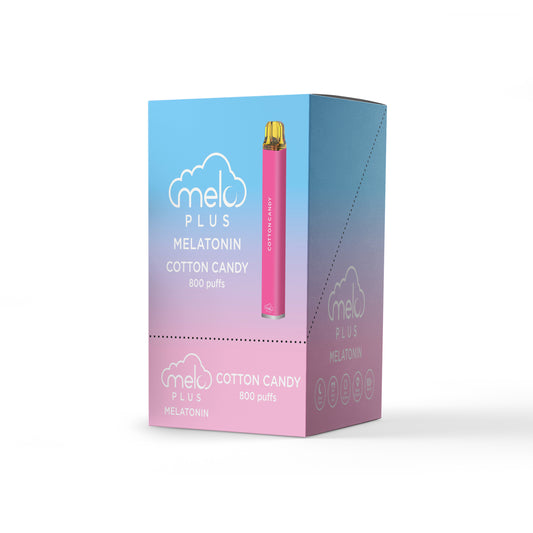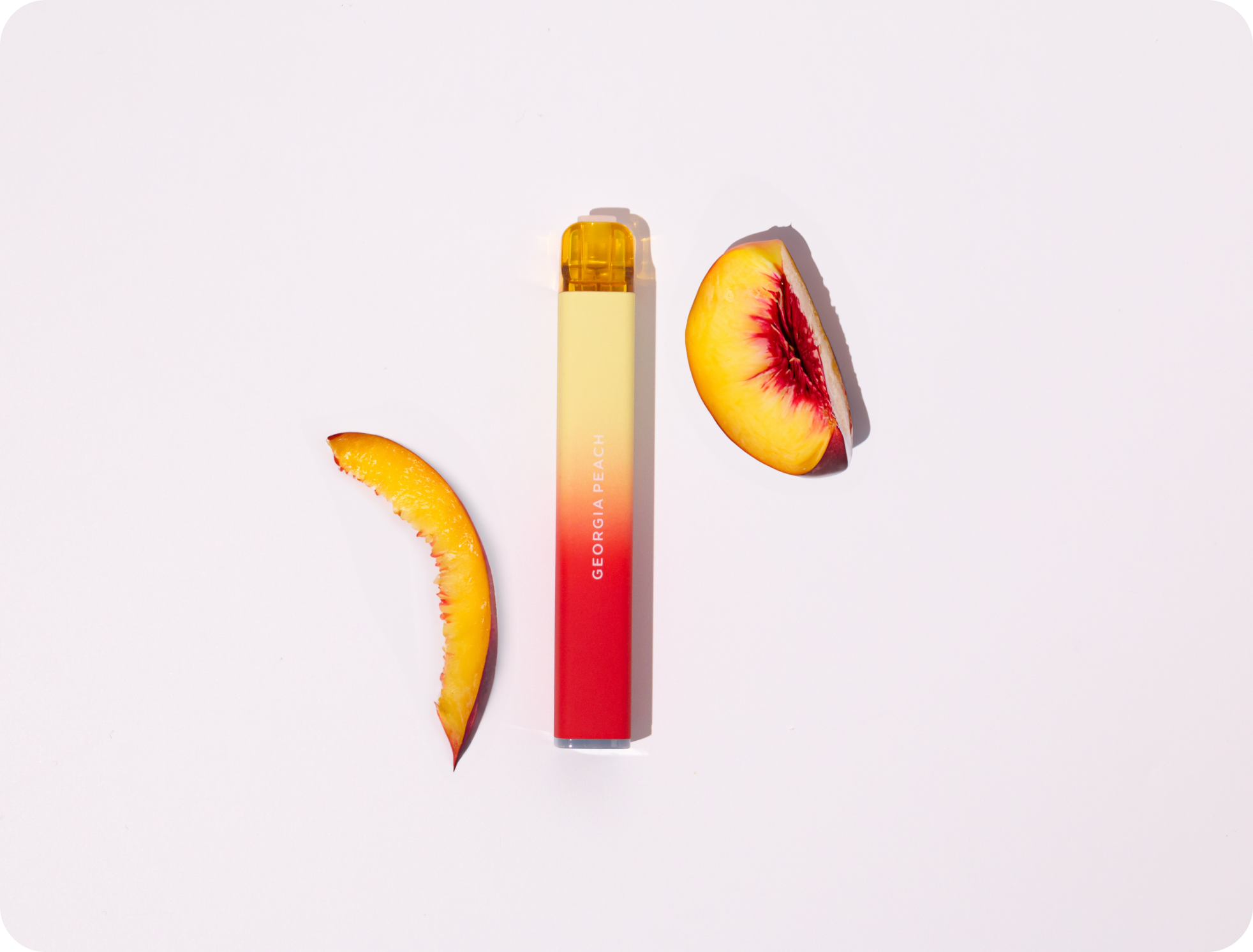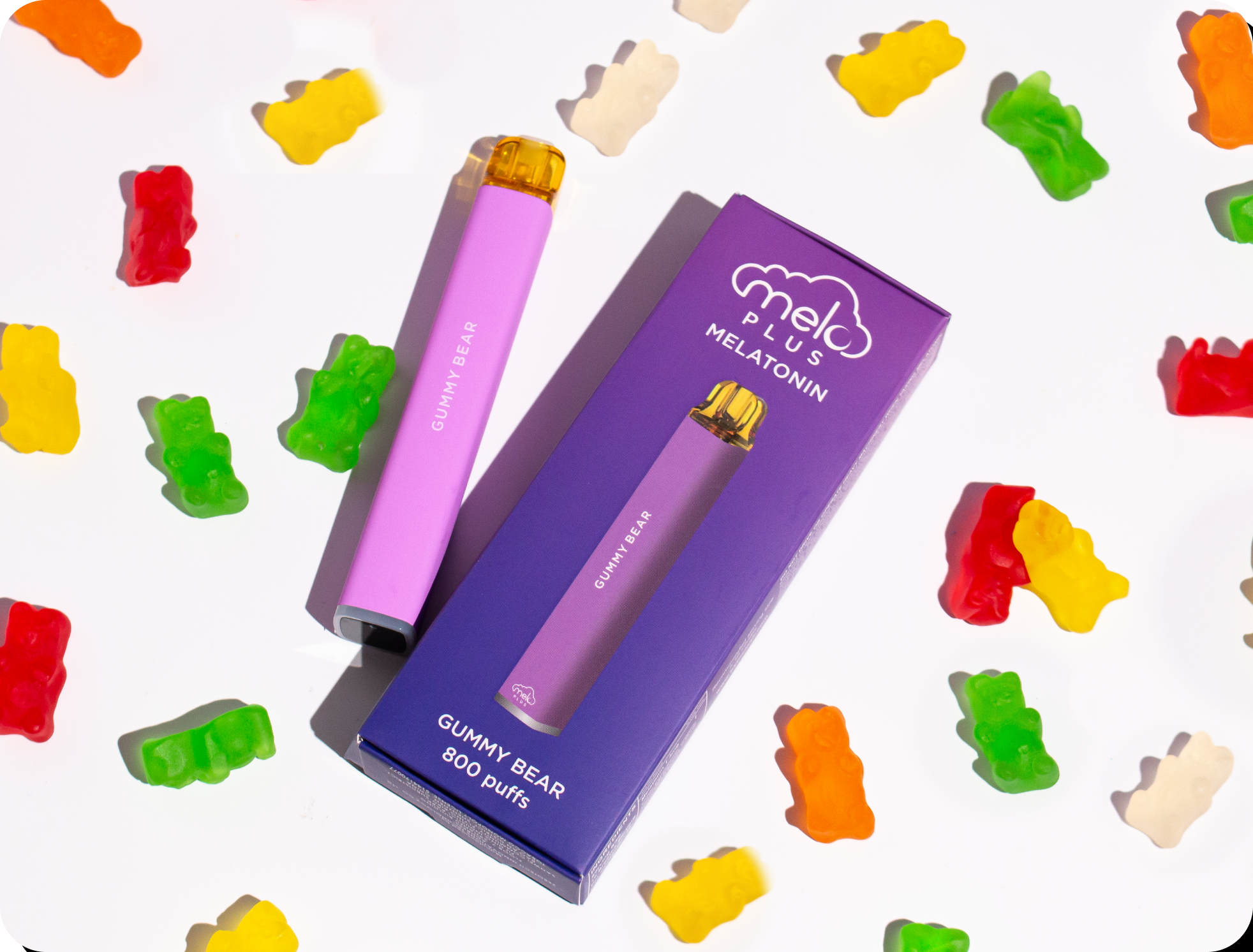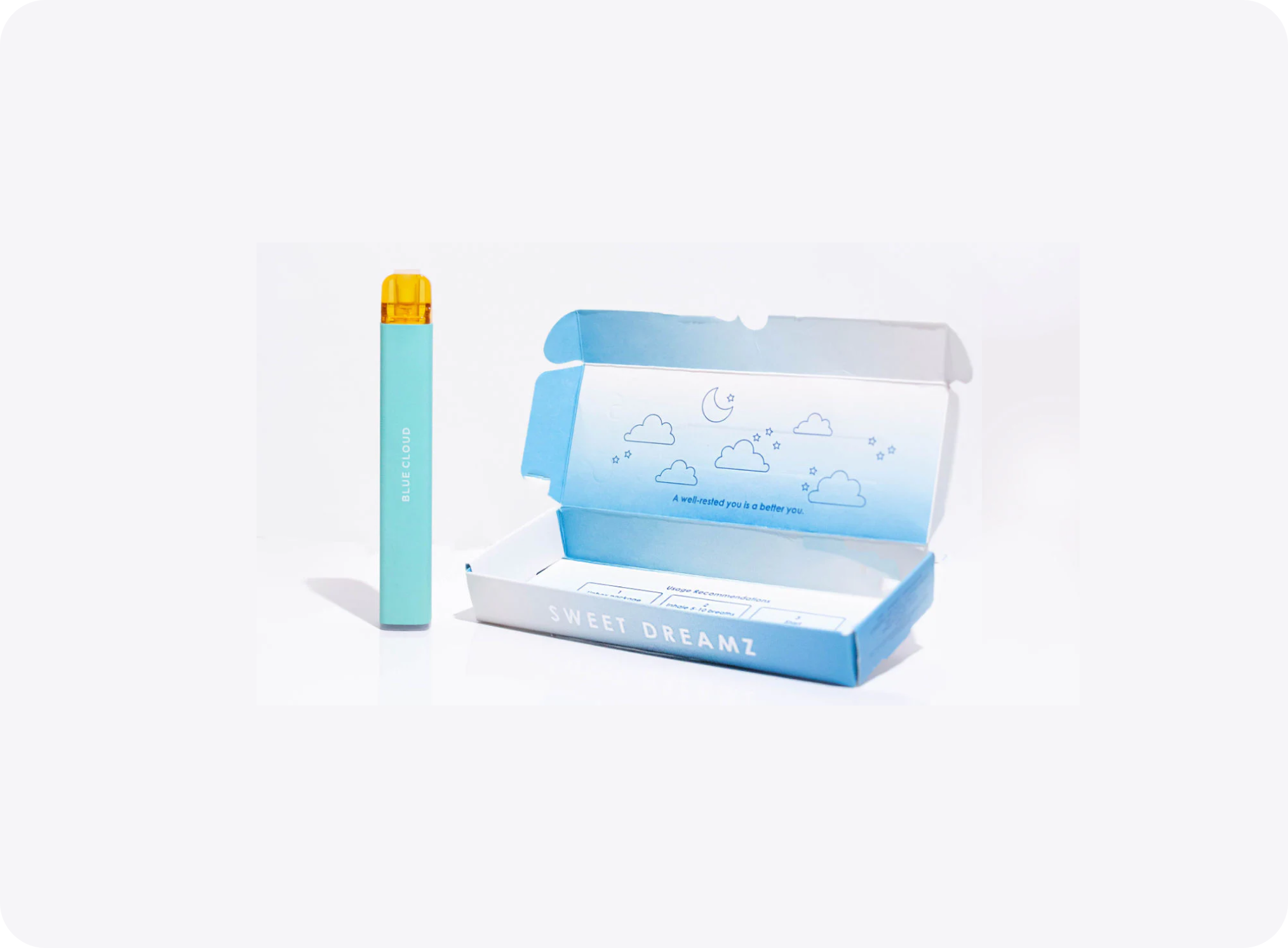Love these, taste great, light, you can do tricks if you want. But 800 puffs is not enough for the price, I could get a geek bar with 35,000 for less than these. Unfortunate there isn’t a higher puff option
HELO Plus Caffeine Diffuser - Pink Lemonade *Limited Edition*
I was super happy with the cherry slush melatonin vape that I ordered, and I can’t wait to get home because my second order (the blueberry caffeine vape) has been dropped off and I am excited to try it!



